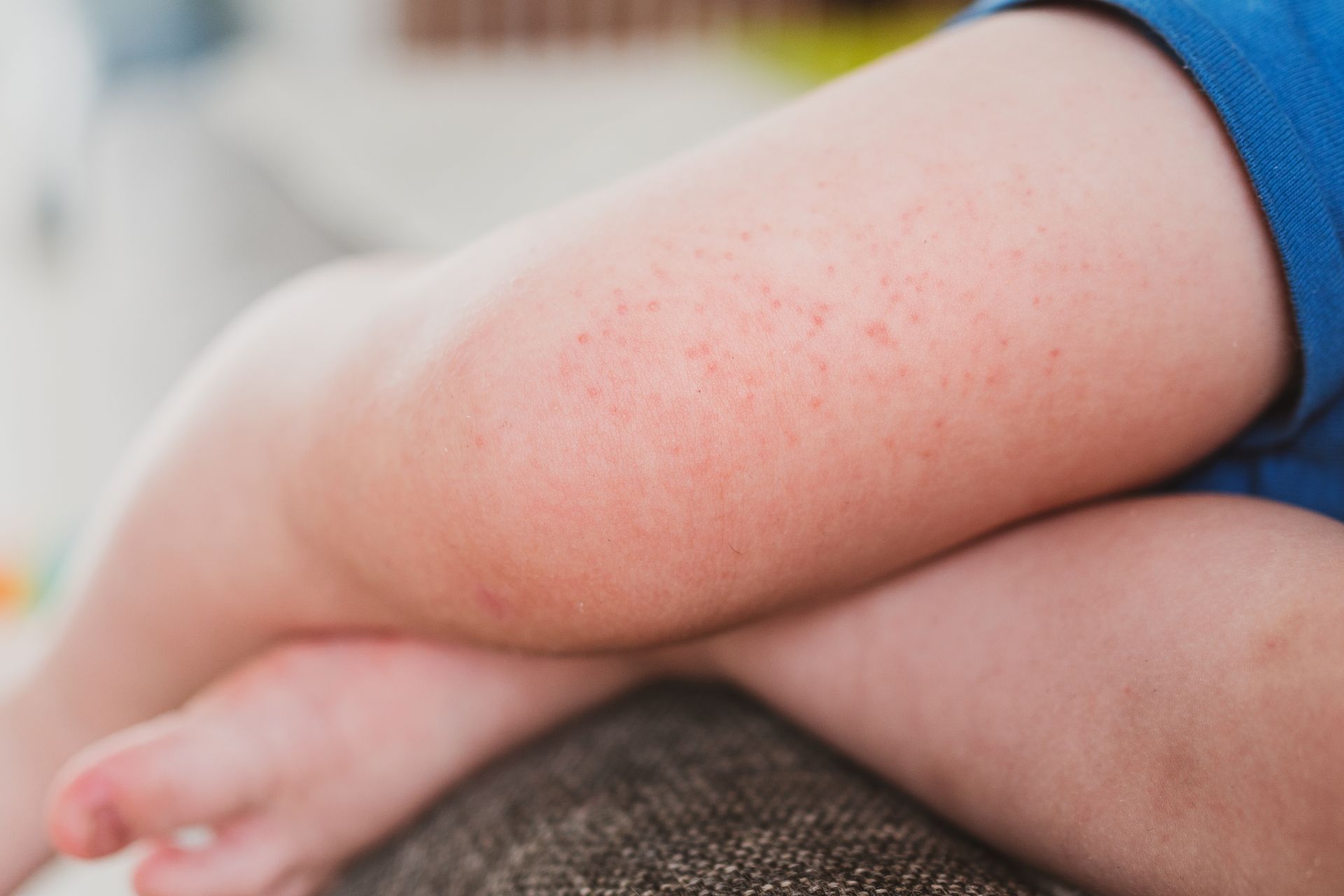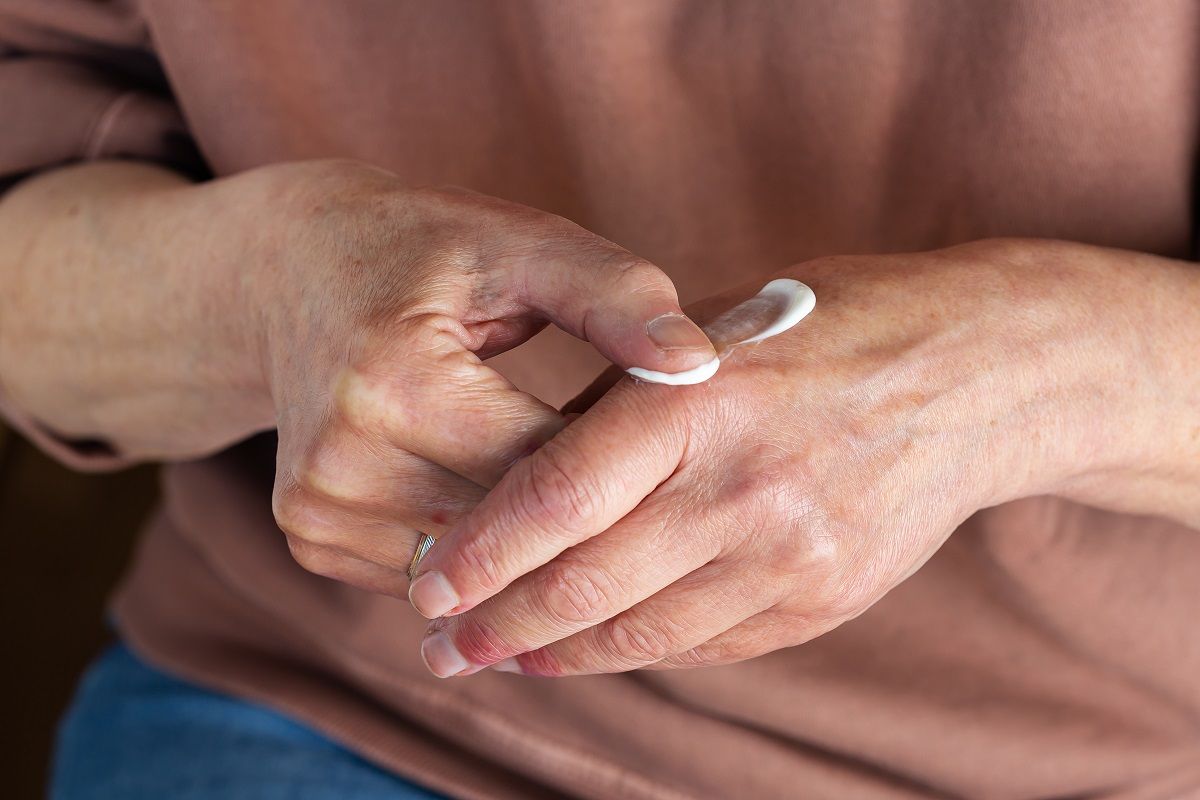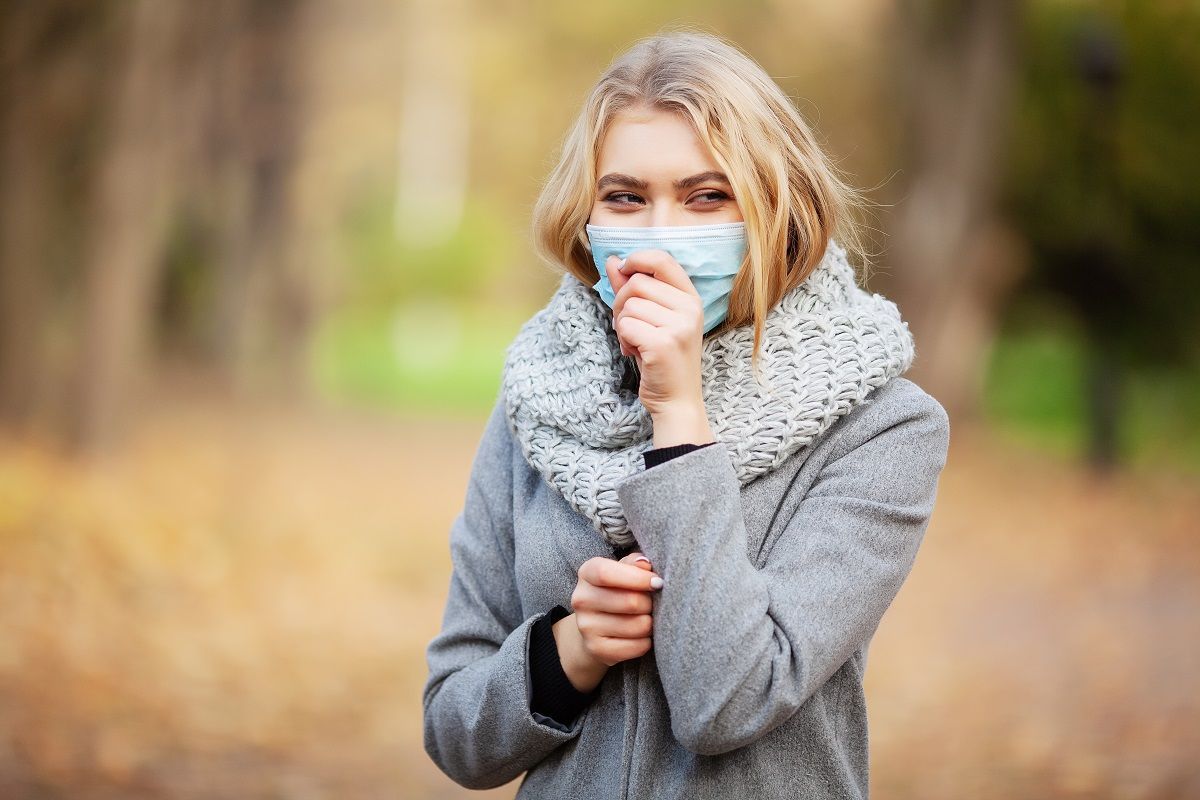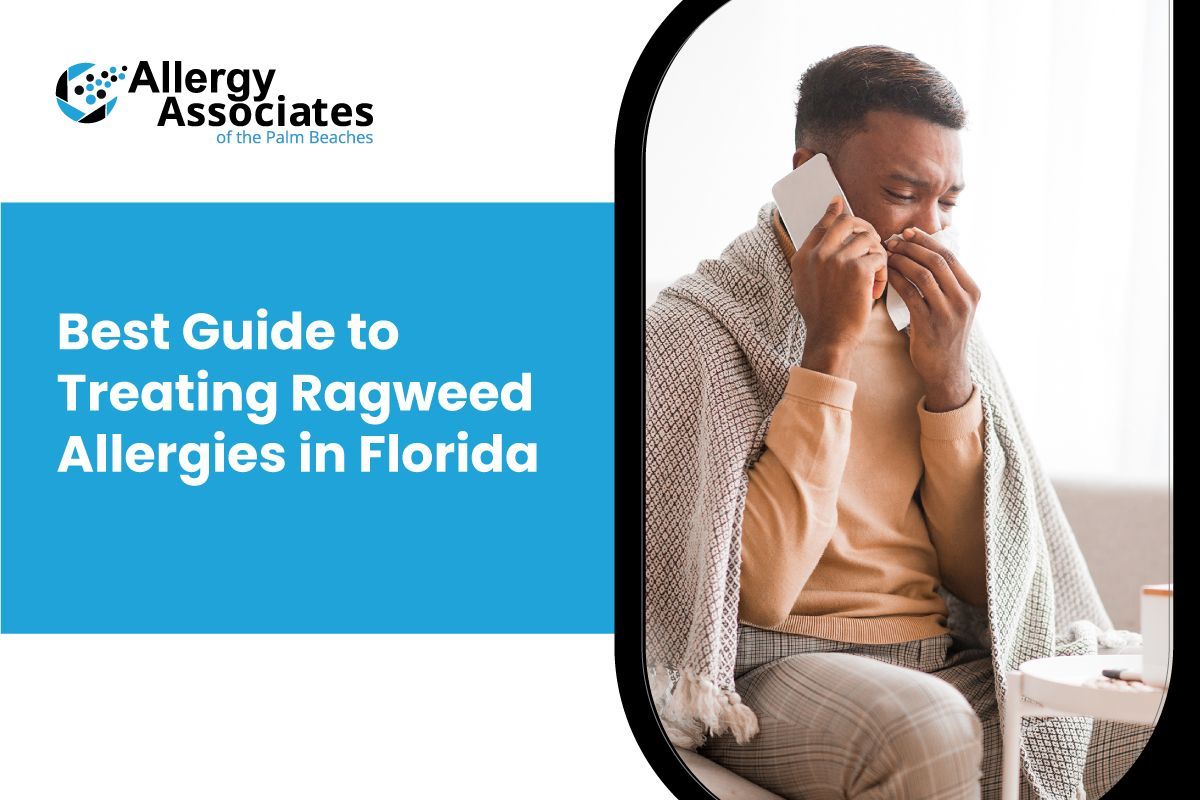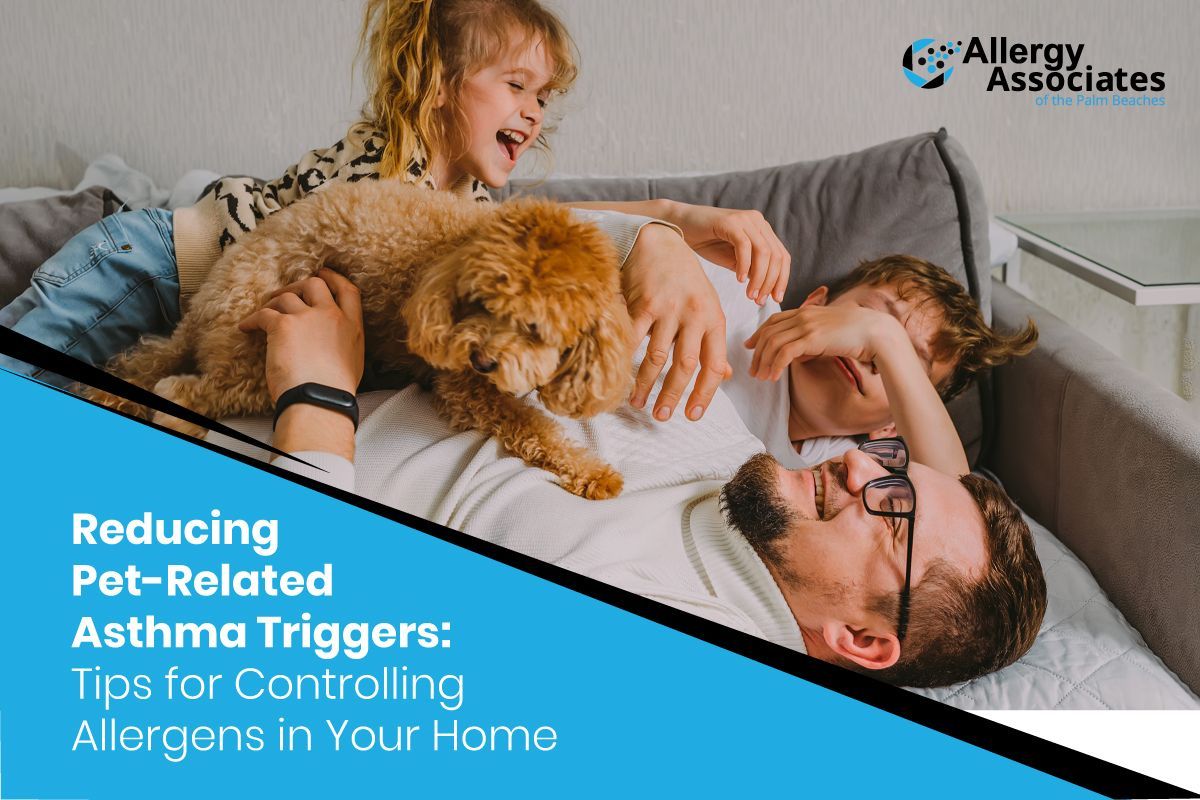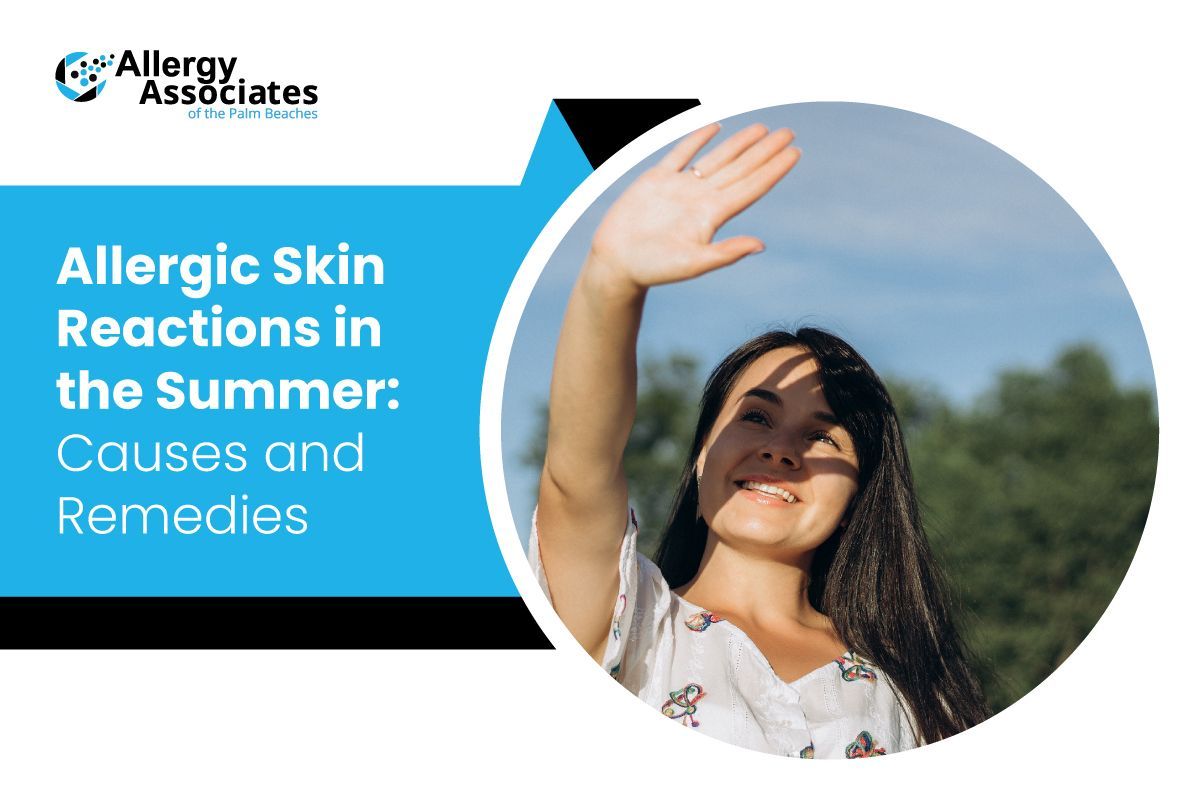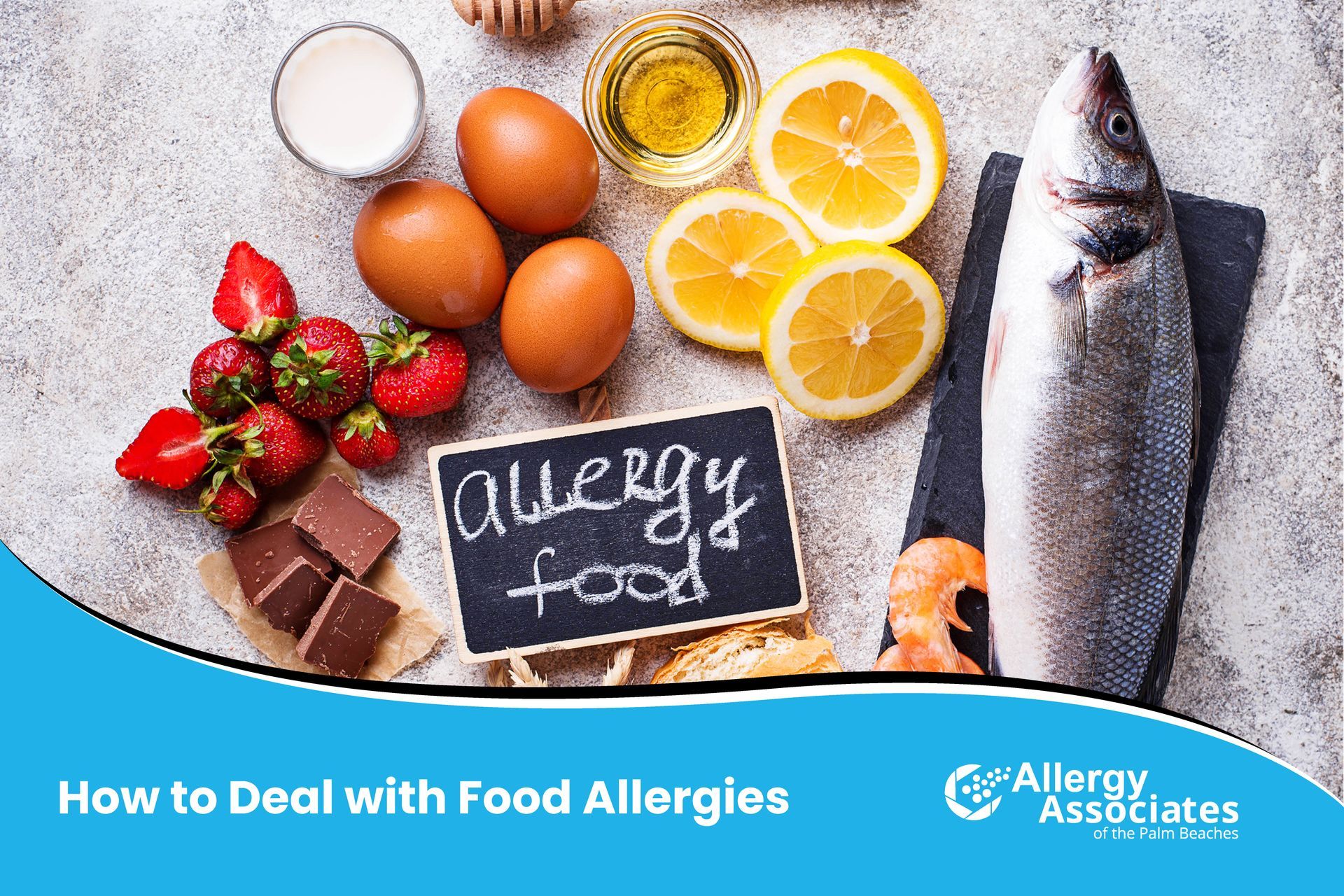
Everybody loves to eat and enjoy different cuisines exciting to the palate, especially with friends and family. However, all the pleasures of good food and company can be cut short if you have food allergies.
Food allergies are not as common as the other types of allergies. Moreover, food allergy cases are slowly rising worldwide.
Research says that approximately 1.1 and 10.8% of people suffer from the medical condition.
The typical symptoms of food allergies differ from one person to another. Some individuals may have mild allergic reactions that naturally go away without medical intervention. On the other hand, an allergic reaction called anaphylaxis could lead to a life-threatening situation.
This blog post will focus on the essentials of managing food allergies. Moreover, we will also discuss the common symptoms and types you should know.
How to deal with food allergies? Read more to find out.
Understanding Food Allergies
Food allergy occurs when your body's natural defenses overreact to regular proteins. Your immune system negatively reacts to harmless compounds in the food you consume and treats them as invaders like viruses or bacteria. During this phase, you begin to experience an allergic reaction.
Studies say that approximately 8% of children under age five and up to 4% of adults suffer from food allergies. The typical symptoms are
hives, swollen air passages, or digestive problems. Moreover, the severity differs from one case to another.
Common Food Allergy Symptoms
The typical scenario of an allergic reaction due to food allergies is mild to moderate. It can be uncomfortable to some, but never serious. On the other hand, a more severe reaction could lead to anaphylaxis, a life-threatening reaction that could lead to death.
We'll talk about anaphylaxis in a bit. For now, let's focus on the symptoms of food allergies.
Common Symptoms
- Face swelling, including the lips, cheeks, and eyes
- Dizziness, lightheadedness, or fainting
- Abdominal cramps, diarrhea, nausea, or vomiting
- Food allergy hives, itching, or eczema
- Wheezing, nasal congestion, or breathing difficulties
The abovementioned symptoms can occur within minutes or hours following an accidental consumption or exposure to food allergies.
Understanding Anaphylaxis
Anaphylaxis is a life-threatening reaction that could lead to fatality if left unchecked. The symptoms are severe and require immediate medical intervention.
Here are the symptoms that you need to know:
- Dizziness, loss of consciousness, or lightheadedness
- A swollen throat
- Tightening and constriction of the airways
- Rapid pulse
- A sudden drop in blood pressure that could lead to shock
Anaphylaxis requires immediate medical attention. Call 911 or go to the ER in such cases. Time is crucial, so think and act fast.
The Essentials of Dealing with Food Allergies
How to Get Rid of Food Allergies
Dealing with food allergies includes allergy testing and avoiding triggers. These two methods are the closest that we have to a cure. Unfortunately, despite modern medicine's achievements, there is still no standard cure for allergies. Therefore, knowledge and medications are your best bet. Here’s how to manage food allergies.
Allergy Testing
How to treat food allergies? One of the most efficient methods of dealing with food allergies is getting tested. Your allergy doctor will gain access to crucial information about your condition. Thus, allowing them to create the ideal treatment and management plan for you.
Here are the types of allergy testing:
Skin Prick and Intradermal Tests
Skin and intradermal allergy tests are typically the most common types of allergy testing. These tests are ideal for insect venom, seasonal and perennial allergens, medication allergies, and food allergies.
During a
skin prick test, your allergist will expose your skin to specific allergens for 15 minutes. The process aims to determine if you are allergic to the
allergens used for testing. For the intradermal test, your allergy doctor will prick the outer layer of your skin with a device containing the suspected allergens to determine your allergies.
Blood Tests
Blood testing for allergies is ideal for individuals with severe skin conditions due to allergic reactions. Your allergist will draw a small amount of your blood and evaluate it in the lab to determine the IgE antibody levels.
Patch Testing
The patch allergy test is ideal for individuals afraid of injections. During this method, your allergist will use an adhesive patch that contains the suspected allergens and puts them onto your skin. The process takes around 48 hours to determine the results.
Allergen Immunotherapy
Naturally boosting your immune system is one of the most efficient ways to deal with food allergies. Since avoiding all the triggers of an allergic reaction is challenging, it is ideal if your body's natural defenses are enhanced. Allergen immunotherapy works by introducing your body to a controlled amount of the suspected allergens until it gets used to them. The therapy typically lasts for 3-5 years, depending on the severity of your condition. The most significant benefit of this approach is providing you with lasting effects.
Anti-Allergy Medications
Taking anti-allergy medications is the conventional approach used by many doctors in treating food allergies worldwide. Moreover, you can purchase them over the counter anytime. The best anti-allergy medicines are antihistamines, corticosteroids, and decongestants. Nasal saline sprays and topical solutions are available too.
Drug and Food Tests
During the food or drug allergy testing, your allergy doctor will give you small increments of the suspected food or medication. The goal is to wait for an allergic reaction. However, the method should only be done within a medical facility with a doctor's supervision. The risks of encountering a severe allergic reaction can be avoided this way.
Avoiding Triggers
The final approach in dealing with allergies is avoiding the triggers. This method comes after the allergy testing steps. Your allergist will provide you with a list of allergens and food to avoid. This way, you can enjoy eating the food you love without risking an allergic reaction.
Examples of allergy foods
- Milk
- Eggs
- Fish
- Crustacean shellfish
- Tree nuts
- Peanuts
- Wheat,
- Soybeans
You can also eat foods high in vitamin C.
Tips for allergy treatment: Foods that help with allergies
- Tropical Fruits
- Fatty Fishes
- Onions
- Local Honey
- Yogurt
Enjoy Your Favorite Foods Free from Allergies
We understand the challenges of living with food allergies. If you're looking for top-notch allergy treatment based on your personal needs and topped with compassion, you are at the right place.
The allergists of Allergy Associates of the Palm Beaches specialize in providing the efficient allergy management you deserve.
Don't let food allergies take away the fun of eating your favorite food. Get safe and efficient allergy management today.
You can book an appointment here.
Allergy Associates of the Palm Beaches
Allergy Associates of the Palm Beaches | All Rights Reserved.



